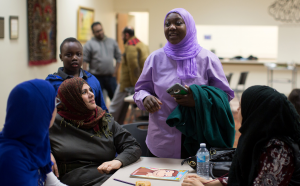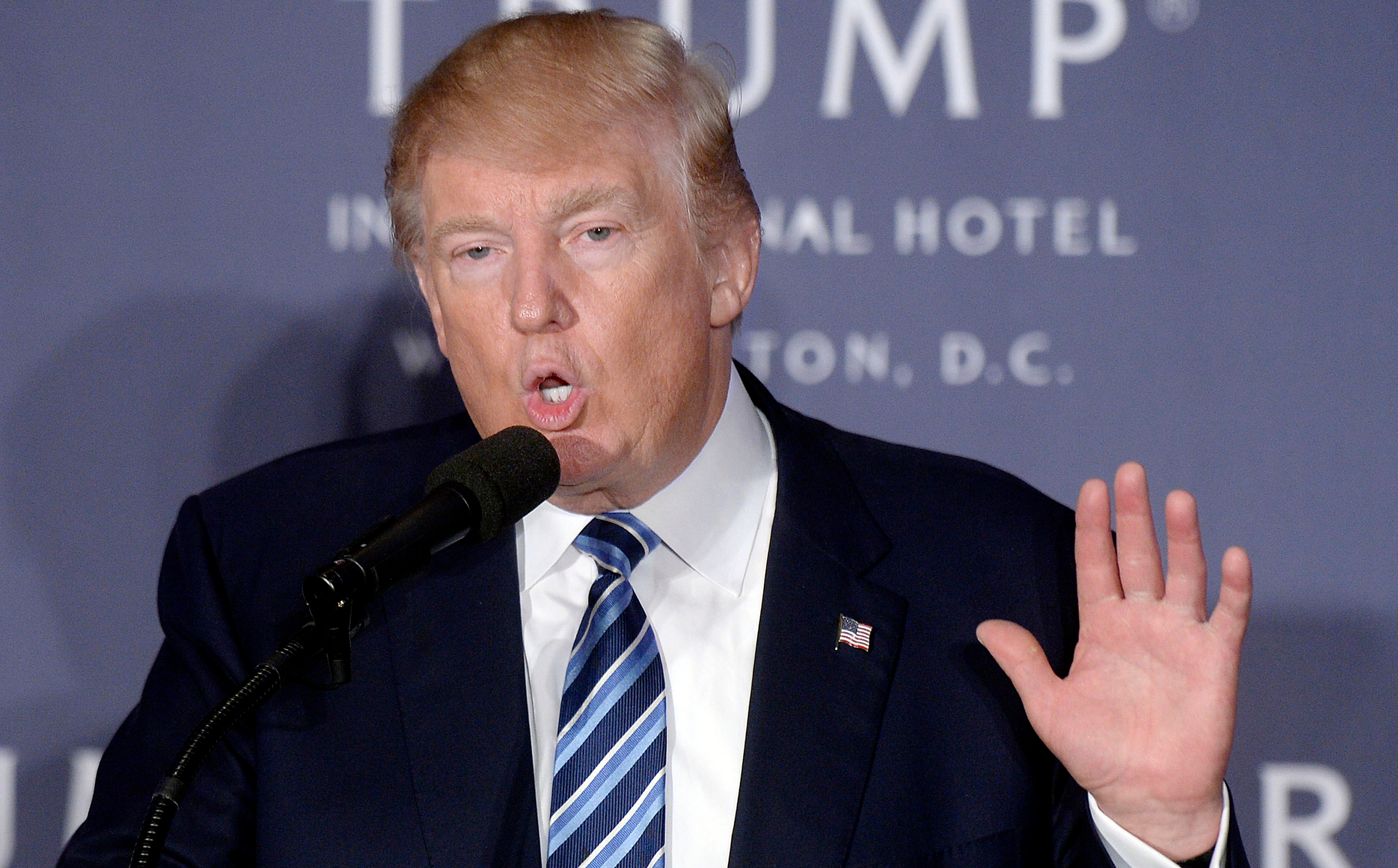
After a turbulent and controversial campaign season, Donald Trump’s election raises concerns for some Americans while showing promise for others. Differences in opinion occur with Trump’s ideas on handling key issues such as immigration and terrorism.
Trump proposed a temporary ban on Muslim immigration to the United States as a preventative measure against hate acts such as assaults, property destruction, threats and bombings according to The New York Times. This ban, published on his website, suggests that Muslims hate Americans and the government needs to develop a better screening system before allowing more Muslims to immigrate to the U.S.
“Until we are able to determine and understand this problem and the dangerous threat [hateful Muslim people] pose, our country cannot be the victims of horrendous attacks by the people that believe only in Jihad, and have no sense of reason or respect for human life,” Trump said in a press release Dec. 7, 2015 in New York, N.Y.
Trump’s statements since 2015 fluctuated and receded. His stance on the Muslim ban altered from a definitive policy to a suggestion he no longer agrees with. He instead provided an ideological screening test and Muslim registry as preventative measures against terrorism. Recently Trump shifted to a ban on immigration from known terrorist regions. His lack of consistency and ambiguity on immigration policy concerns Muslim leaders.
Junior Suzan Toma Halabi Martinez and senior Hajra Saeed, two Muslim friends, voiced their concerns and fears for minorities in Trump’s presidency. They feel the president and vice president elects’ proposals are unconstitutional and that activists will prevent them from passing. The girls believe Trump brings out the worst of people and attribute an increase in Muslim hate to his campaign, noting the negative influences of his controversial rhetoric on social media.
“[I’m scared of] being viewed as a terrorist and being segregated from other people because they see me as someone other than myself, because I am a Muslim,” Toma Halabi Martinez said.
Freshman Ana Ciro, supporter of LGBTQ rights, fears vice president elect Mike Pence’s proposals of conversion therapy for LGBTQ teens. Her personal research indicates increases in suicide rates in teens subjected to electric conversion. Ciro maintains that Trump’s presidency will increase activism for civil rights and unite minorities.
“His policies will isolate minorities, make things worse and make [minorities] feel like they aren’t a part of the country. We need to stand together, not make minorities feel like outcasts,” Ciro said.
Trump supporter Thomas Fletcher looks forward to the upcoming presidency. He sees the positive influence Trump will have on business, economy and safety in America. Fletcher argues that all Americans, including minorities, will equally benefit from a better economy and from a decrease in terrorist acts because of Trump’s ideals.
“[Trump’s policies] will be good for [Muslims]. He is not trying to infringe on rights, he just wants to make us safe. We will earn respect from other nations because of our economic prosperity. Being prosperous and safe is what earns our country respect,” Fletcher said.
With a rise in general hate crimes by 6 percent last year, and a 67 percent rise in hate crimes against Muslim Americans, conflicts including assaults, attacks on masques, bombings, threats and property destruction are eminent. A divided nation awaits Trump’s Jan. 20 presidential inauguration.
